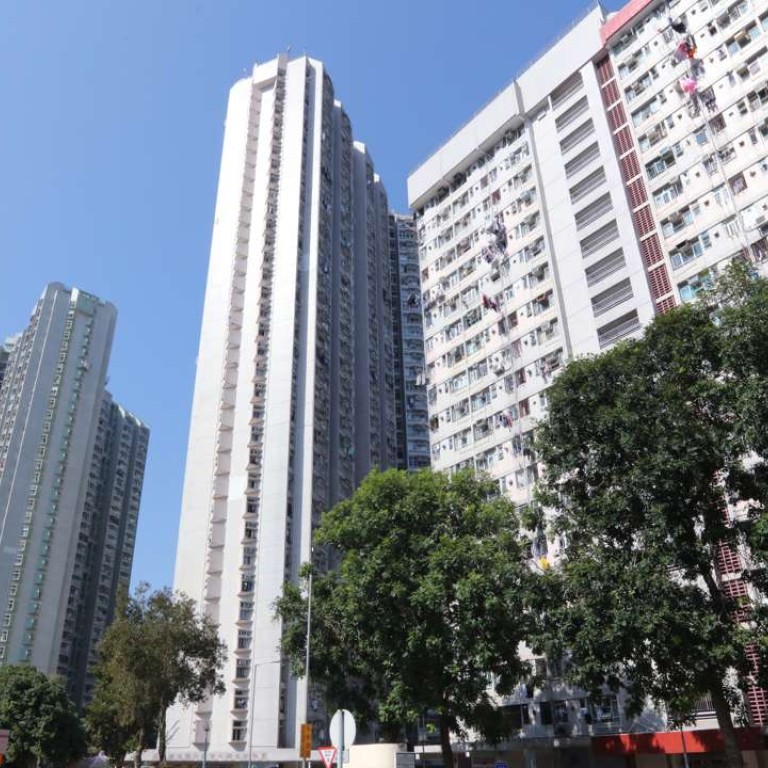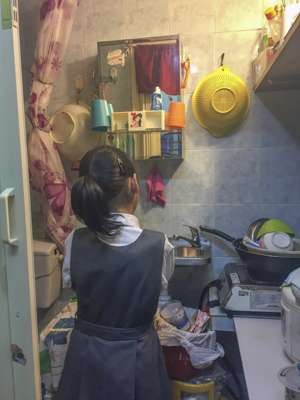
Turning Hong Kong’s housing challenge into a housing solution
Solving the housing challenge requires directly confronting the consequences of increasing economic inequality in a rising housing market
Over the past three decades, opinion polls have shown time and again that housing is the top policy concern of the public. Unfortunately, the housing challenge remains unsolved. I believe this is because we have tried to tackle it as a housing problem and failed to appreciate it is also a problem of economic inequality.
Solving the housing challenge requires directly confronting the consequences of increasing economic inequality in a rising housing market. Increasing housing supply on its own will only worsen economic inequality and harm fiscal budgets and the long-term health of the economy, for several reasons.
First, the share of publicly-supplied housing units has increased from 50 per cent of total supply to 60 per cent. Few neighbourhoods now welcome new public rental housing units in their vicinity because of the adverse impact on property values.
Indigenous villagers and developers, who hold large tracts of land in the New Territories suitable for public rental housing development, are also unwilling to sell because of the government’s unattractive compensation offers.

Second, the development cost of public rental housing units has increased significantly over time. The sale of one Homeownership Scheme (HOS) unit used to support the development of two public rental housing units; now it only supports one.
Third, increasing supply feeds the demand from divorced individuals who remarry, as they are allowed to apply for public housing. This creates an inadvertent incentive and huge implicit subsidy for low-income households to divorce, and perpetuates inequality as more low-income households are formed through divorce.
A far better solution – one that would be win-win for everyone – would be to unlock the values of public land occupied by public rental, Tenants Purchase Scheme (TPS), and HOS units. This would entail adopting three policy measures.
The unlocked land values of the existing stock of public sector housing units currently is estimated to be about $3.89 trillion, almost twice the GDP. Even if a fraction were available, they could help pay for the anticipated growth in social spending on education, health and welfare and infrastructure without having to find new sources of revenue
First, sell new public housing units as ownership units (with an option to rent initially and buy later with sales terms unchanged) to eligible families with monthly incomes below $48,000.
The key here would be to facilitate financing rather than offer price discounts. The units would be sold at development cost and purchasers would arrange for mortgage loans from banks with government guarantee (as in the present situation with HOS units) after paying a 5-10 per cent down payment.
The unpaid land values of the unit at the time of the purchase would be financed by an interest-free or low-interest loan by the government that has no maturity term and debt servicing requirements. These units could be sold on the open market subject to full repayment of the outstanding debt owed to government; owners could keep the capital gains. Unlike the HOS units, the unpaid debt would be fixed and not change as land values appreciated or depreciated.
Second, make these same financing arrangements available to sitting tenants of existing public rental housing units. Those unwilling to purchase at the present time could opt to do so later on the same terms.
Third, allow existing TPS and HOS units with outstanding unpaid premiums to now settle them using the same financing arrangements.
These measures would unlock land values to everyone’s benefit. The owner would acquire an asset with appreciation potential and obtain a realistic opportunity to move up the housing ladder.
The government as the land owner could collect payments over time from the owners and use that to finance future public housing.
Developers and other investors would have an opportunity to tap into a much bigger pool of domestic clients. And rural landholders would be enticed to sell their land to a government willing to consider higher payments.

The unlocked land values of the existing stock of public sector housing units currently is estimated to be about $3.89 trillion, almost twice the gross domestic product. Even if a fraction of such funds were available, they could help pay for the anticipated growth in social on ending on education, health and welfare and infrastructure without having to find new sources of revenue.
These measures would also go a long way towards alleviating economic inequality in Hong Kong, while preserving the vitality of Hong Kong’s free market, limited government, and low tax rate private enterprise system. Such is the beauty of a land-financed equitable society and vibrant economy. And all this is courtesy of a common law legal system that makes the land values of our capitalist economy so precious.
I hope the members of the Election Committee for our next Chief Executive are listening.
Richard Wong is the Philip Wong Kennedy Wong Professor in Political Economy at the University of Hong Kong

